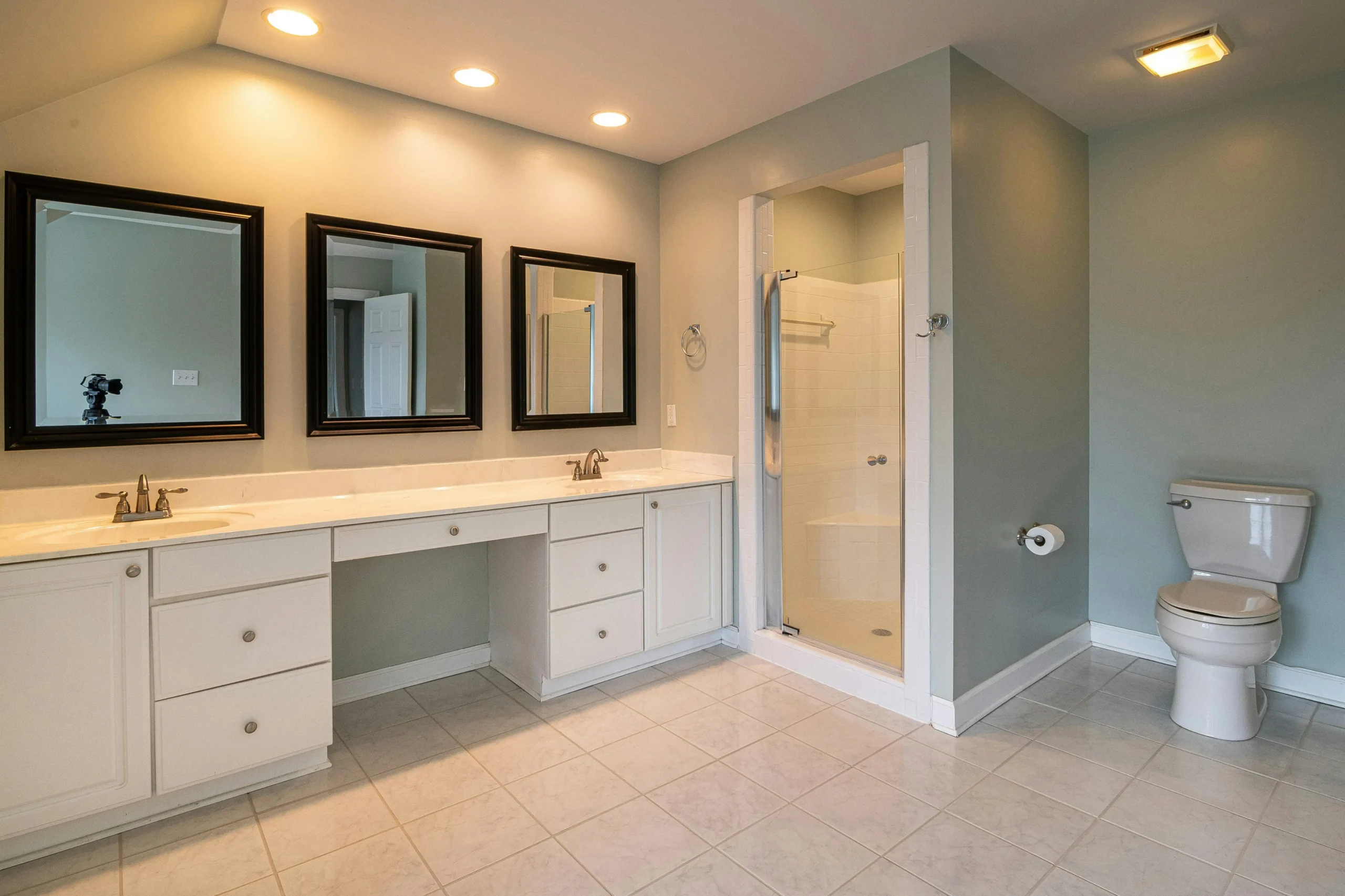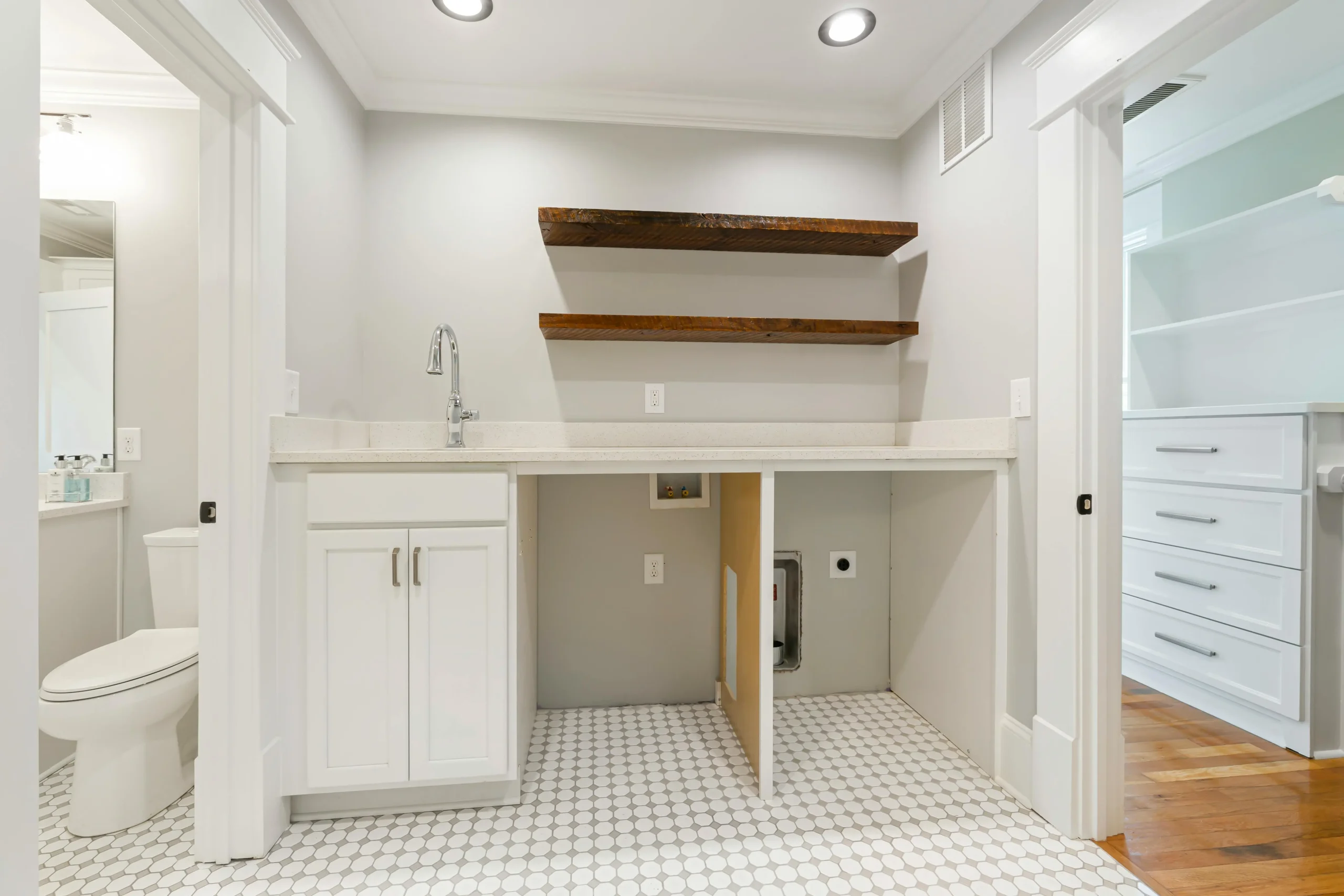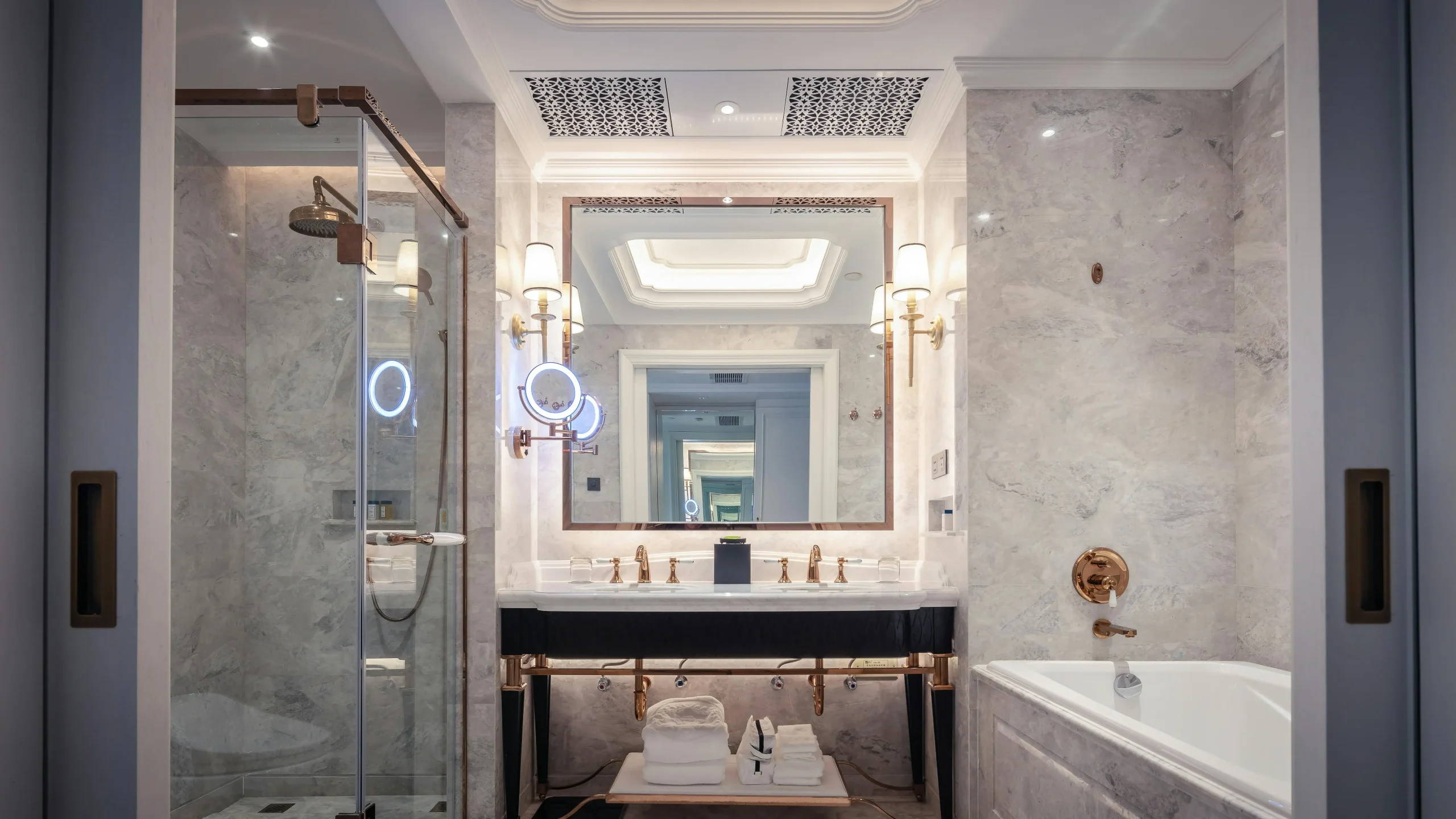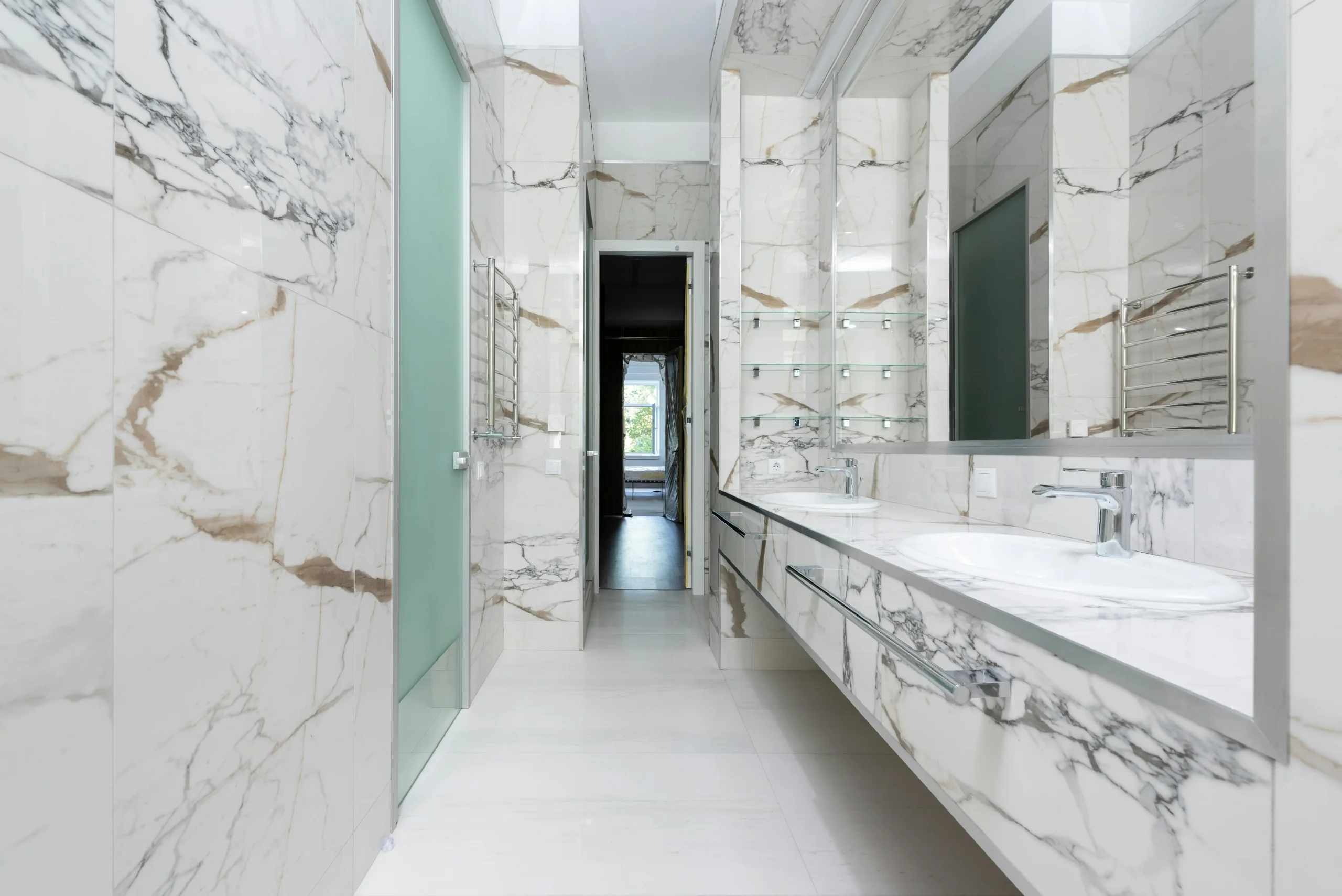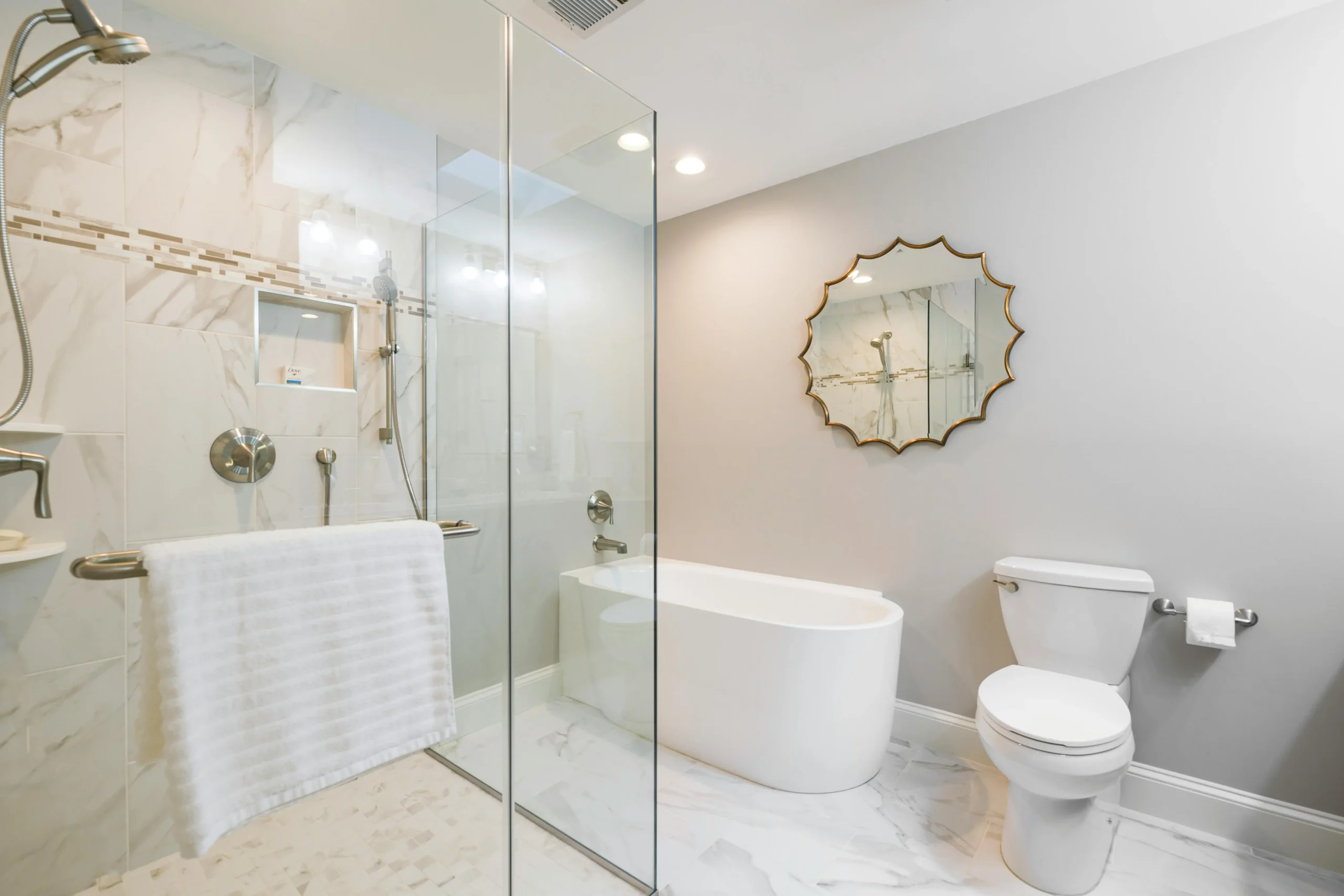Breaking Down Rye Kitchen Remodel Costs
Breaking down Rye kitchen remodel costs requires an in-depth look at all the key factors that contribute to the total price of a renovation. The final cost depends on several elements, including kitchen size, material selection, labor expenses, and overall complexity of the project. Homeowners should budget for cabinetry, countertops, flooring, appliances, lighting, plumbing, and permits when planning a remodel. Labor costs can vary significantly based on whether you choose general contractors, electricians, or plumbers, as their rates depend on experience and demand. The use of a cost calculator can help determine a realistic budget and give an estimate based on individual project needs. Unexpected costs, such as hidden structural issues, water damage, or outdated wiring, can increase the total expenses. Kitchen remodels in Rye are often paired with bathroom renovations, allowing homeowners to optimize contractor schedules and reduce costs on bulk projects. Investing in energy-efficient appliances, modern storage solutions, and high-quality finishes can improve both functionality and resale value. Homeowners who understand these costs ahead of time are better equipped to manage budgets, make informed decisions, and prevent financial surprises. A well-planned kitchen remodel can enhance both daily living and long-term property value.
Factors Influencing Remodeling Costs
Factors influencing remodeling costs in Rye vary based on a combination of material choices, labor costs, and project scope. The price of cabinetry, which often accounts for the largest portion of a kitchen remodel, depends on whether homeowners opt for stock, semi-custom, or fully custom-built cabinets. Countertop selections such as quartz, granite, and marble each carry different price points, durability levels, and maintenance requirements. Flooring materials, including tile, hardwood, and luxury vinyl, also affect overall pricing, with some requiring specialized labor for proper installation. The cost of labor in Rye is influenced by contractor expertise, availability, and local market demand, which can drive up renovation expenses. Upgrading appliances to high-efficiency, smart technology models can add to the total cost but provide long-term energy savings. Hidden costs, such as wiring upgrades, plumbing replacements, or structural modifications, must be factored into the budget to prevent last-minute financial strain. Homeowners who wish to save on costs can consider keeping the existing kitchen layout, which minimizes the need for major structural adjustments. Choosing mid-range materials instead of luxury finishes can also help reduce spending while maintaining durability and style. Understanding these cost factors allows homeowners to prioritize essential upgrades while staying within budget.
Material Costs for Major Kitchen Renovations
Material costs for major kitchen renovations in Rye depend largely on the quality, type, and source of materials chosen for the project. Cabinetry, one of the most expensive elements of a remodel, ranges from budget-friendly stock units to high-end custom designs tailored to fit a specific layout. Countertops, which play a functional and aesthetic role, vary in price based on the material—laminate being the most affordable, quartz and granite offering mid-range options, and marble or butcher block adding a luxury touch. A backsplash can serve as both a protective and decorative element, with choices such as subway tile, mosaic patterns, or marble slabs creating different levels of cost. Flooring materials like ceramic tile, hardwood, luxury vinyl, or natural stone impact the final budget depending on installation complexity and durability. High-end renovations often incorporate premium fixtures, such as touchless faucets, farmhouse sinks, and smart kitchen appliances, which add to overall material expenses. To control costs, homeowners may explore mid-range material options that offer durability without unnecessary extravagance. Lighting, including under-cabinet LED strips, pendant fixtures, and recessed lighting, should also be included in budget planning. Selecting the right materials ensures that the remodel meets both financial constraints and long-term design goals. Homeowners who carefully evaluate material costs can create a functional, stylish, and cost-effective kitchen renovation plan.
Rye Labor Costs for Kitchen Remodels
Labor costs for a kitchen remodel in Rye represent a major portion of the overall renovation budget, as professional expertise is required to ensure precision and compliance with safety codes. Hiring skilled contractors, electricians, plumbers, and tile installers adds to the total cost but ensures high-quality results. The complexity of the remodel significantly impacts labor expenses, especially if structural changes, plumbing relocations, or electrical upgrades are involved. Tasks such as cabinet installation, countertop fitting, and backsplash tiling require specialized skills, which influence overall costs. The experience and reputation of a contractor can also determine pricing, as highly sought-after professionals may charge premium rates. Homeowners should obtain multiple quotes to compare labor pricing and avoid overpaying while still ensuring quality work. Custom installations, such as built-in storage, kitchen islands, or unique tile designs, demand extra labor time and expertise, increasing the final bill. Permits and inspections also contribute to labor costs, particularly when altering plumbing, electrical, or structural components of the kitchen. Creating a detailed project timeline helps reduce unexpected labor delays, ensuring a more efficient renovation. Understanding labor costs allows homeowners to budget appropriately, select the right professionals, and optimize their remodeling investments.
Kitchen Remodel Cost Guide for Beginners
A kitchen remodel cost guide for beginners is essential for homeowners in Rye who are embarking on their first renovation project. Understanding the breakdown of expenses helps prevent budget overruns and ensures a well-executed remodel. The most significant costs typically include cabinets, countertops, flooring, appliances, and labor, all of which should be carefully planned. Homeowners should create a detailed budget that outlines necessary expenses while leaving room for unexpected costs such as structural repairs or permit fees. Consulting with experienced contractors helps clarify pricing and ensures that the project stays within financial limits. A kitchen remodel cost calculator can be useful for estimating expenses based on material and labor costs. Keeping the existing kitchen layout can help reduce costs significantly, as moving plumbing and electrical systems is often one of the most expensive aspects of remodeling. Researching affordable yet high-quality materials ensures durability without excessive spending. Shopping for materials during seasonal sales or clearance events can help secure discounts on countertops, cabinets, and fixtures. By following a structured approach, first-time remodelers can navigate the renovation process efficiently and achieve a stunning transformation without breaking their budget.
Budgeting Tips for Kitchen Remodels
Budgeting tips for kitchen remodels in Rye help homeowners control expenses while achieving a functional and aesthetically pleasing space. One of the first steps is defining clear remodeling goals, focusing on essential upgrades that offer the most value for the budget. Researching and comparing prices on cabinets, countertops, flooring, and fixtures can reveal budget-friendly options that maintain high quality. Hiring an experienced contractor with transparent pricing ensures labor costs remain predictable and within the budget. Homeowners should obtain at least three estimates from different contractors to compare pricing and expertise. Allocating a contingency fund of 10-20% helps cover unexpected expenses, such as plumbing repairs or supply chain delays. Choosing quartz instead of marble countertops or stock cabinets instead of custom-built units can help lower costs without compromising on aesthetics. Handling small DIY tasks like painting or installing simple fixtures can further cut labor costs. Exploring financing options, including home improvement loans and credit lines, can help fund larger remodels while spreading out payments. A well-planned budget ensures that homeowners achieve a high-quality remodel that enhances both function and resale value while avoiding financial stress.
High-End vs. Budget Kitchen Remodel: Cost Differences
A high-end vs. budget kitchen remodel in Rye presents significant cost differences, influencing project scope, material selection, and overall investment. High-end kitchen remodels often involve custom cabinetry, luxury countertops, high-end appliances, and structural modifications, making them significantly more expensive. Homeowners opting for a high-end remodel may include features like smart kitchen technology, imported tile backsplashes, and designer lighting fixtures. These elements enhance aesthetics, convenience, and long-term property value but come at a higher price. In contrast, a budget-friendly remodel focuses on cost-effective solutions, such as refinishing cabinets, selecting laminate or butcher block countertops, and using prefabricated backsplashes. Instead of replacing cabinetry, homeowners can opt for cabinet refacing, which provides a fresh look at a fraction of the cost. Choosing mid-range appliances instead of top-tier brands can significantly lower expenses while maintaining functionality. While high-end remodels provide a strong return on investment, budget-conscious remodels can still enhance a kitchen’s appeal and usability without overspending. Understanding the differences between these two remodel types helps homeowners choose the best approach based on their financial goals and lifestyle needs.
Impact of Kitchen Size on Remodel Cost
The impact of kitchen size on remodel cost in Rye plays a crucial role in determining total project expenses. A larger kitchen requires more materials, cabinetry, countertops, and flooring, which increases costs compared to a smaller kitchen remodel. Larger kitchens also involve additional lighting fixtures, plumbing upgrades, and electrical work, raising labor expenses. Expanding a kitchen’s footprint or adding an island with built-in storage and seating increases costs due to structural modifications. Conversely, smaller kitchens often have a higher cost per square foot, as they require space-saving custom cabinetry and specialized design solutions. Open-concept kitchens typically require wall removal and floorplan adjustments, which can add significantly to the remodel budget. Homeowners with smaller kitchens can maximize value by focusing on smart storage solutions, vertical shelving, and multi-purpose furniture. Those with larger kitchens should plan for extended labor timelines and potential disruptions during renovations. Understanding how kitchen size affects remodel costs allows homeowners to optimize layouts and plan a renovation budget that aligns with their vision.
Average Price of Kitchen Remodels by Region
The average price of kitchen remodels varies by region due to differences in labor costs, material pricing, and market demand. In Rye, NY, homeowners often pay higher remodeling costs compared to national averages due to the area’s premium housing market and skilled labor demand. Luxury kitchen remodels in high-income areas like Rye can range from $50,000 to over $100,000, depending on scope and complexity. Budget-friendly remodels in the region typically cost between $15,000 and $30,000, focusing on essential upgrades like new countertops, cabinet refacing, and appliance replacements. In other regions, such as Scottsdale or suburban markets, labor and material costs may be lower, reducing total project expenses. Homeowners should research local remodeling trends to understand pricing expectations and budget accordingly. Labor costs, permit fees, and material availability all contribute to regional price fluctuations. By investing in high-quality materials and professional labor, homeowners can ensure their remodel has a lasting impact and improves home value. A well-researched understanding of regional remodeling costs allows for better financial planning and realistic budget expectations.
FAQs: Understanding Major Kitchen Value
Understanding major kitchen value in Rye involves analyzing design trends, material quality, and functional upgrades that improve both aesthetics and usability. Many homeowners wonder how much a kitchen remodel adds to resale value, with most projects yielding a 50-75% return on investment depending on market conditions. The decision to pursue a high-end remodel vs. a budget-friendly remodel depends on buyer expectations and neighborhood trends. Upgrades such as quartz countertops, energy-efficient appliances, and custom cabinetry contribute to long-term value while enhancing daily functionality. Some homeowners ask whether they should keep the existing layout or reconfigure the space, as changing the kitchen footprint significantly impacts costs. Investing in modern lighting, durable flooring, and smart kitchen technology ensures a future-proof design that remains appealing over time. Researching remodeling trends in Rye, NY, allows homeowners to understand which design elements attract buyers. By making strategic remodeling choices, homeowners can enhance kitchen value while staying within budget.
What Can I Expect for Return on Investment?
When considering a Rye kitchen remodel, homeowners should assess return on investment (ROI) to determine if the project is financially worthwhile. The average ROI for a mid-range kitchen remodel is between 50-75%, depending on materials, labor costs, and market demand. Luxury kitchen remodels with high-end finishes, smart appliances, and custom cabinetry typically increase resale value but have a higher upfront cost. Homeowners aiming for maximum ROI should focus on functional upgrades, such as quartz countertops, modern storage solutions, and high-efficiency lighting. Smaller updates, including cabinet refacing, backsplash replacements, and hardware upgrades, can yield an ROI of over 80% due to their affordability and visual impact. Balancing budget-friendly decisions with valuable enhancements ensures a strong return without excessive spending. Researching comparable Rye properties provides insight into what kitchen features attract buyers. A well-planned remodel can improve home value, enhance functionality, and create a timeless design that benefits both homeowners and future buyers.
Frequently Asked Questions
Is $30,000 enough for a kitchen remodel?
Yes, $30,000 is typically sufficient for a mid-range kitchen remodel, covering essential upgrades like cabinetry, countertops, and mid-range appliances. This budget allows homeowners to invest in quality materials and some level of customization, ensuring the kitchen is both functional and aesthetically appealing. However, if you’re considering luxury finishes, custom-built cabinetry, or major layout changes, this amount may not be enough. To maximize the budget, it’s advisable to opt for semi-custom cabinetry, cost-effective countertops like quartz, and energy-efficient appliances that balance style and affordability.
What is a good budget for a kitchen remodel?
A reasonable budget for a kitchen remodel generally falls within 10-15% of the home’s total value, ensuring a solid return on investment. For many homeowners, this means a budget of $12,000 to $35,000 is appropriate for standard kitchen upgrades, including cabinet replacement, new countertops, flooring, and modern appliances. If you’re aiming for a high-end remodel with custom-built cabinetry, premium materials, and professional-grade appliances, a budget of $50,000 or more may be necessary. Careful planning and prioritization of key upgrades can help create a functional and stylish kitchen within the preferred budget.
What is the average cost of a brand new kitchen?
The cost of a brand-new kitchen typically falls between $25,000 and $50,000, depending on factors such as kitchen size, material choices, and the complexity of renovations. A basic remodel, featuring stock cabinetry, laminate countertops, and standard appliances, can cost $15,000 to $20,000. In contrast, an upscale kitchen remodel with custom cabinetry, quartz or marble countertops, premium appliances, and extensive structural modifications can easily exceed $50,000. Homeowners should consider their specific needs, lifestyle, and long-term value when planning the budget for a new kitchen.
What is the most expensive part of a kitchen remodel?
The most expensive part of a kitchen remodel is typically cabinetry, which can account for 20-40% of the total budget, depending on whether homeowners choose stock, semi-custom, or fully custom cabinets. Other major expenses include high-end countertops (such as quartz, granite, or marble), premium appliances, and layout modifications requiring electrical or plumbing work. To reduce costs without sacrificing quality, homeowners can consider cabinet refacing instead of full replacements, choosing budget-friendly countertop options like butcher block or laminate, and selecting mid-range appliances that offer great performance without the luxury price tag.

